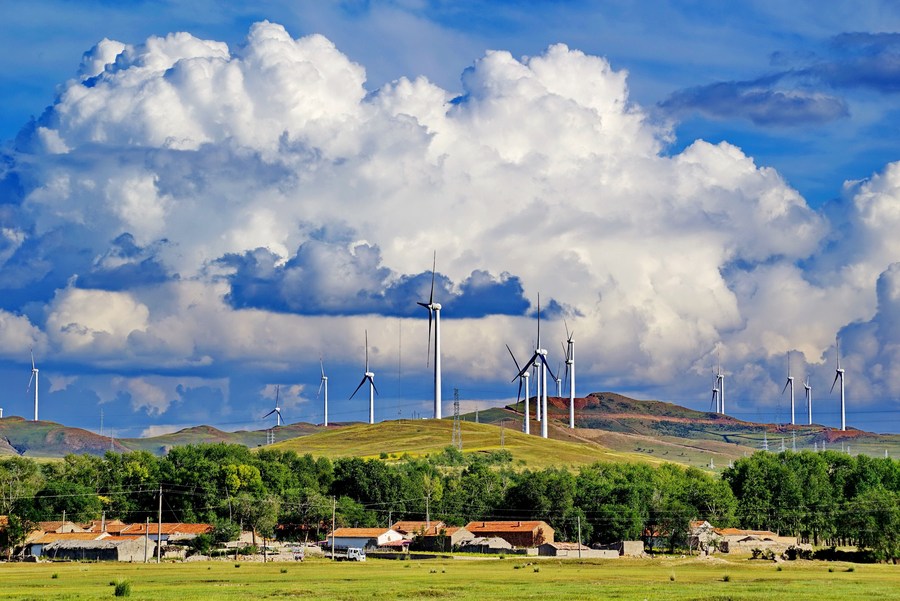Climate governance linked to rights
- Published

Legal scholars from different countries shared their views on the human rights approach to climate change governance online and offline at Nankai University in Tianjin, on Thursday.
Speaking at a sideline meeting of the ongoing 51st Session of the United Nations Human Rights Council, they discussed environmental rights and litigation around climate change.
Otto Spijkers, a professor of law at Wuhan University, said that a necessary precondition for human rights is a clean, healthy and sustainable environment. However, the negative impact or damage from humans on the environment greatly hinders the enjoyment of such rights.
Wang Jianxue, a professor of law at Tianjin University, said that the provisions of China's Constitution do not explicitly mention the concept of environmental rights or environmental human rights. However, no explicit provisions do not mean no guarantee.
There is a unique logic of local experimentation in China's Constitution and laws, which means national laws and even the Constitution absorb the experience that has been verified locally. So people should have enough patience waiting for a better protection mechanism for environmental rights to form, he said.
Ivano Alogna, a researcher at the British Institute of International and Comparative Law in London, said that climate change litigation, a fairly new phenomenon, has surged over the past few decades in response to climate change worsening and the failure of climate adaptation in most countries.
The litigation is a trend and legal actions against climate change by governments and companies have grown in number, scope and goals, paving the way for greater attention to climate issues in courts everywhere, he said.